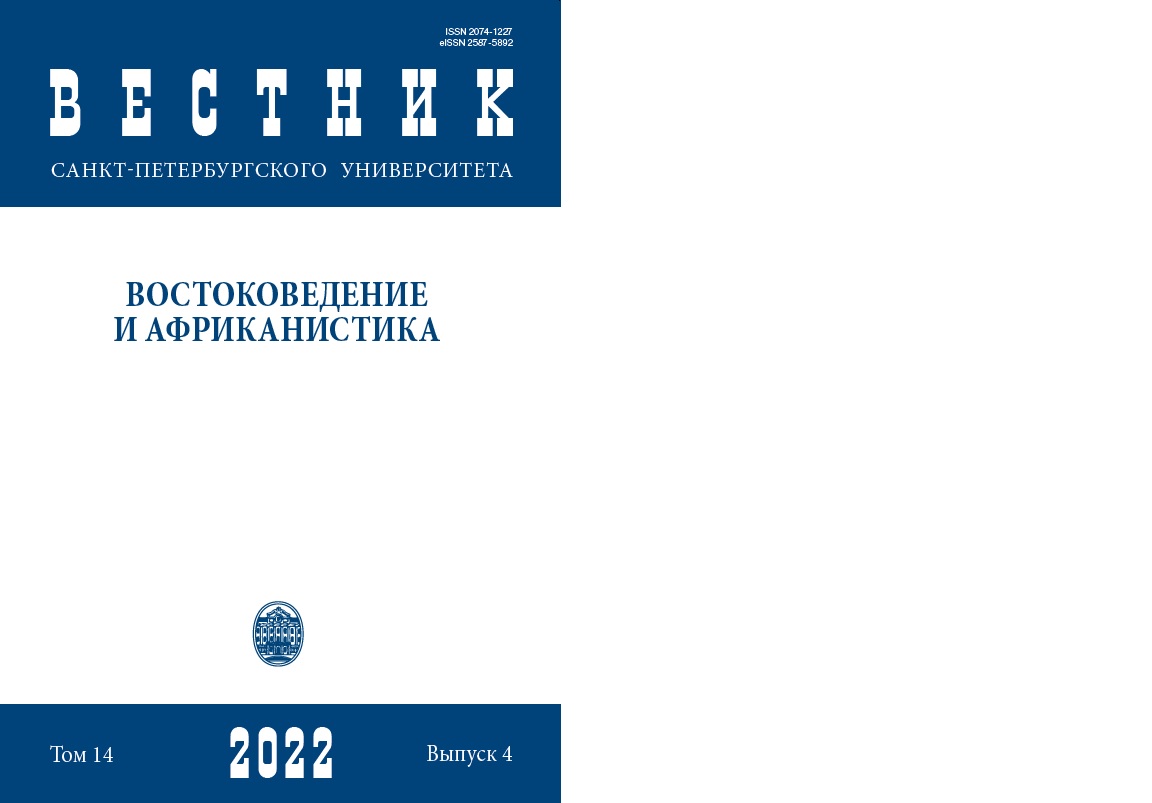Harmonization in Translation Cultural Context: On the Material of Translations from Chinese and in Chinese
DOI:
https://doi.org/10.21638/spbu13.2022.411Abstract
In the process of translation, the cultural context of the original language and the target language acts on the translator’s translation behavior in a dialogue manner, forming a dialogue mechanism, including foreignization, domestication, and harmonization. Foreignization, is a translation strategy that uses the original language culture as the strong culture to cover the target language culture as the weak culture. Domestication, takes the target language culture as the strong culture and the original language culture as the weak culture. It is a translation
strategy in which weak culture is submerged by strong culture. Harmonization refers to equal dialogue in cultural context, and is a translation strategy that takes into account both the cultural context of the original language and the target language. The harmonization strategy pays full attention to the differences between the cultural context of the original language and the target language, so that the original language culture can be fully transmitted, and the target language cultural world can be received correctly without being covered or dissolved.
Foreignization and domestication are unequal dialogues between two cultural contexts, while Harmonization is an equal dialogue. The choice of dialogue mode depends on the different status of the bilingual cultural context, or the objective status, or the subjective status in the translator’s mind. The harmonious treatment of the translation cultural context is conducive to the harmonious coexistence of multiple cultures.
Keywords:
translation cultural context, dialogue, domestication, foreignization, harmonization.
Downloads
References
Downloads
Published
How to Cite
Issue
Section
License
Articles of "Vestnik of Saint Petersburg University. Asian and African Studies" are open access distributed under the terms of the License Agreement with Saint Petersburg State University, which permits to the authors unrestricted distribution and self-archiving free of charge.





